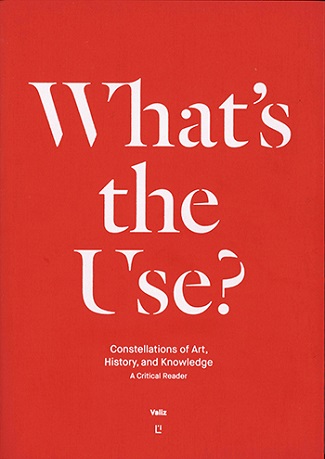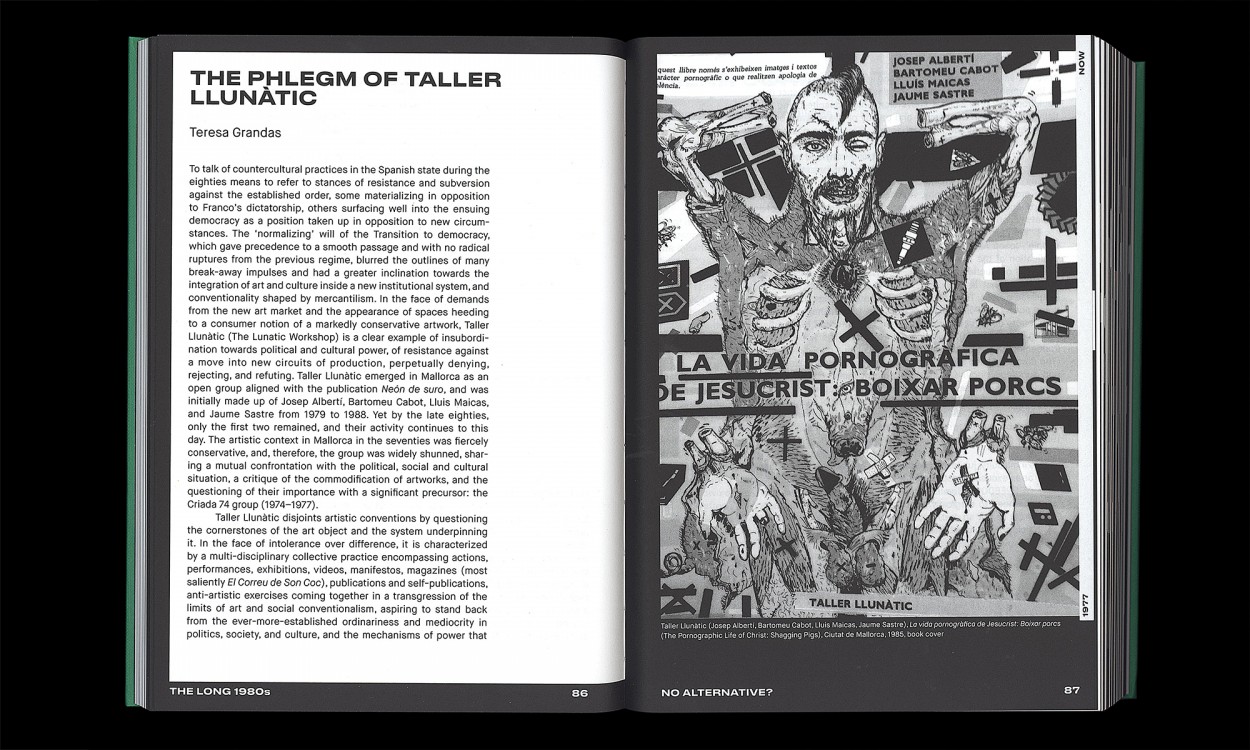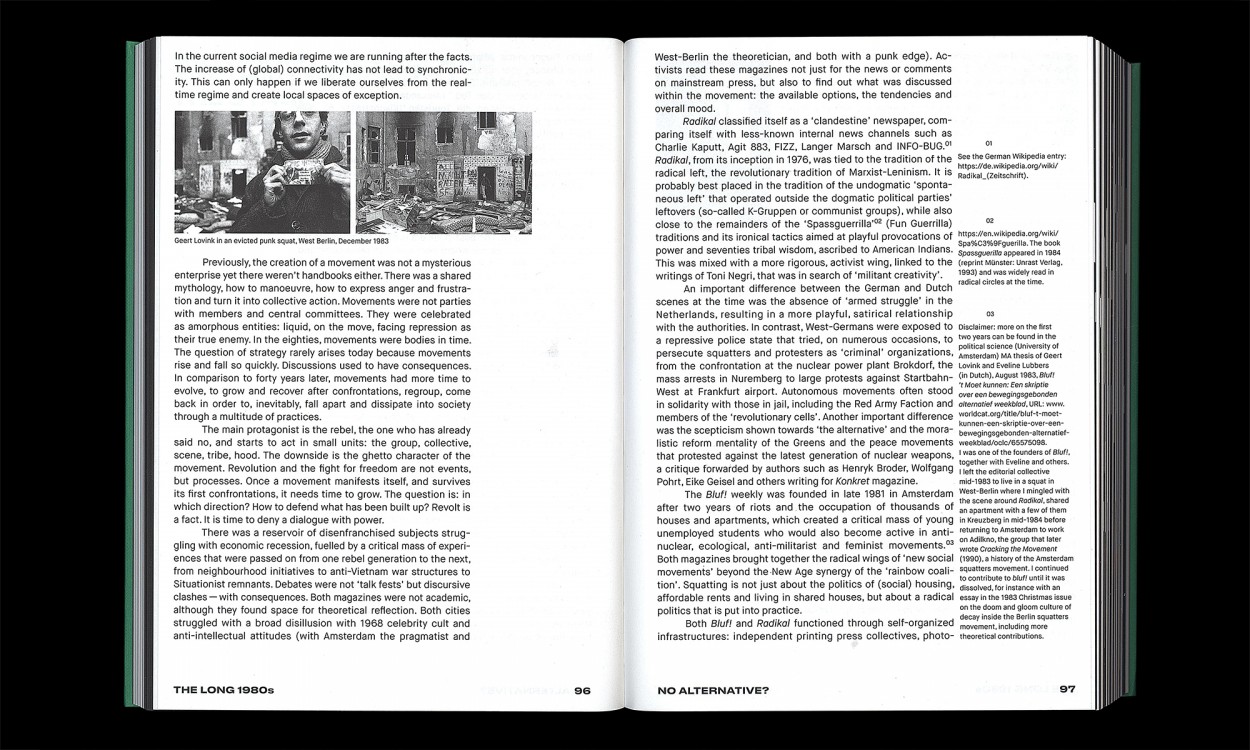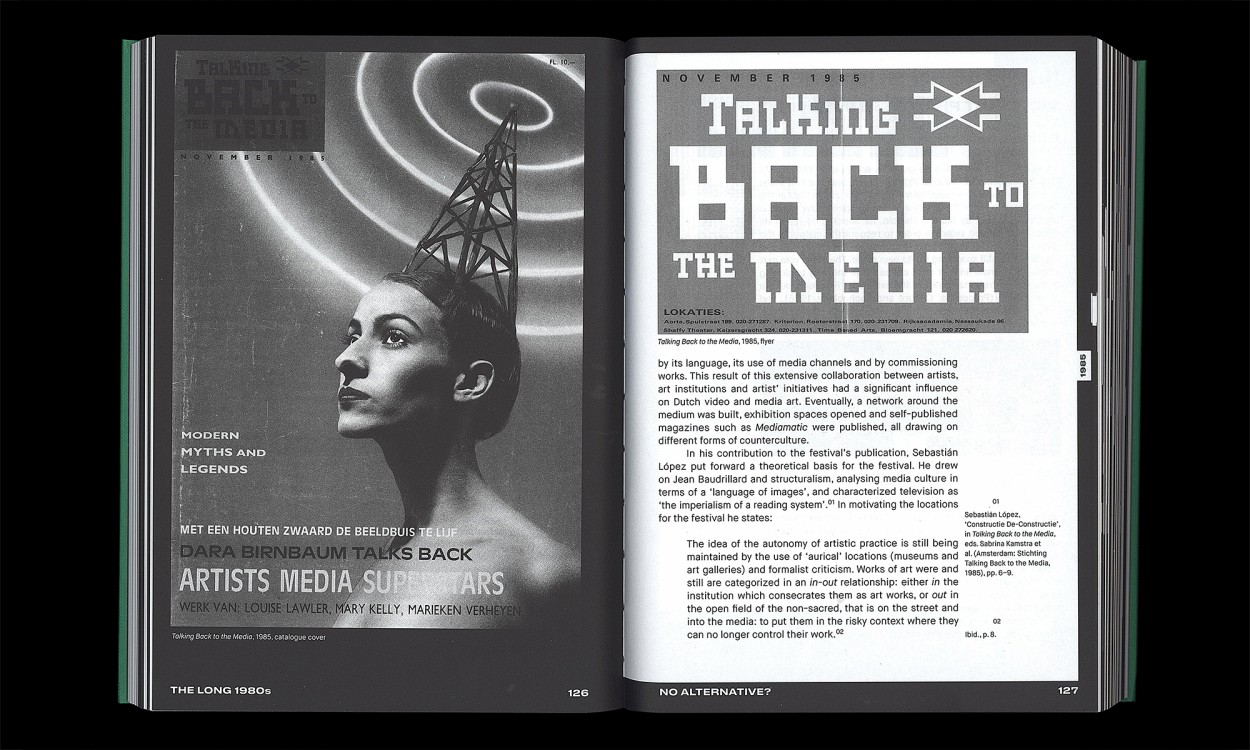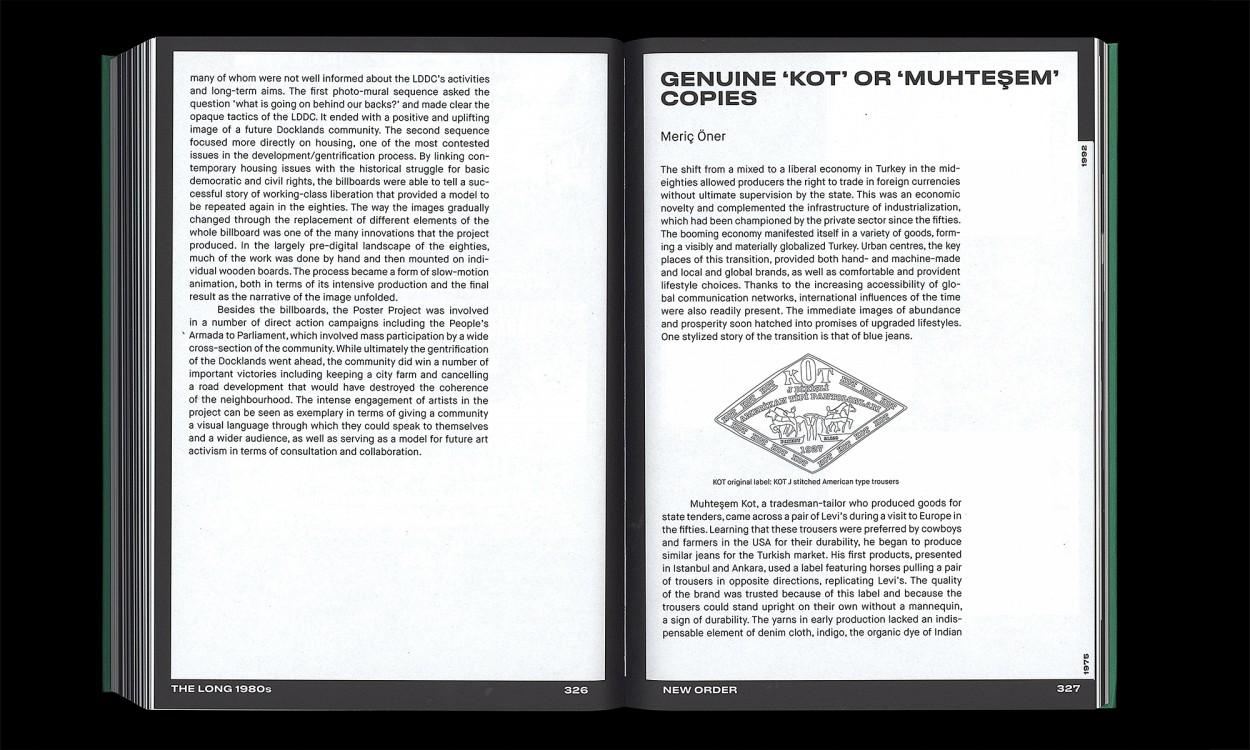The Long 1980s
Constellations of Art, Politics, and Identities: A Collection of Microhistories
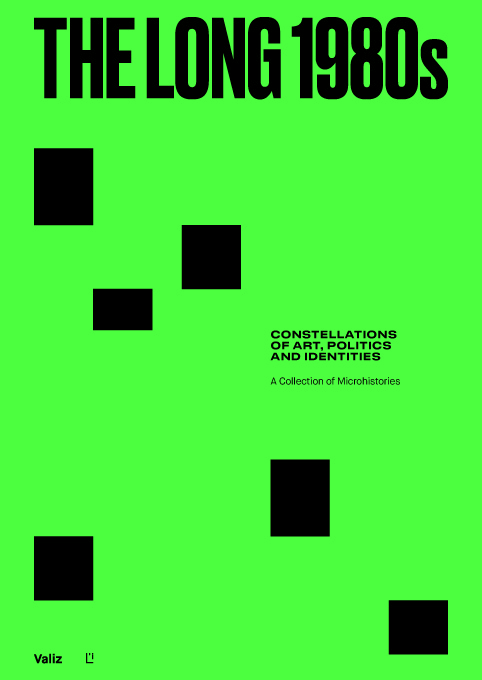
- Assesses the decade of the 1980s as a turning point in political action: identity politics, political shifts between east and west, start of neoliberalism
- Looks at art from this era from the perspective of activism
Editors: Nick Aikens, Teresa Grandes, Nav Haq, Beatriz Herráez, Nataša Petrešin-Bachelez
Contributors: Nick Aikens, Henry Andersen, Zdenka Badovinac, Barış Gençer Baykan, Cristina Cámara Bello, Hakim Bey, Manuel Borja-Villel, Rosi Braidotti, Boris Buden, Jesús Carrillo, Bojana Cvejić, Luc Deleu, Ayşe Düzkan, Diedrich Diederichsen, Nazım Hikmet Richard Dikbaş, Corinne Diserens, Merve Elveren, Charles Esche, Marcelo Expósito, Božidar Flajšman, Annie Fletcher, Diana Franssen, June Givanni, Lisa Godson, Teresa Grandas, Nav Haq, Beatriz Herráez, Lubaina Himid, Lola Hinojosa, Antony Hudek, Tea Hvala, Gal Kirn, Neža Kogovšek Šalamon, Anders Kreuger, Elisabeth Lebovici, Rogelio López Cuenca, Geert Lovink, Amna Malik, Pablo Martínez, Lourdes Méndez, Aleš Mendiževec, Ana Mizerit, Alexei Monroe, Meriç Öner, Nataša Petrešin-Bachelez, Bojana Piškur, Marta Popivoda, Carlos Prieto del Campo, Pedro G. Romero, Rafael Sánchez Ferlosio, Igor Španjol, Chris Straetling, Erman Ata Uncu, Jelena Vesić, Mar Villaespesa, Vladimir Jerić Vlidi, Ana Vujanović
Design: George & Harrison
2018, Valiz with L'Internationale | supported by L'Internationale, KASK School of Arts, Gent, Mondriaan Fund, European Union, Culture Programme | 416 pp. | 24.5 cm x 17.5 cm (portrait size) | English | ISBN 978-94-92095-49-7 | € 27,50
The Long 1980s considers the significance of the 1980s for culture and society today. It revisits this pivotal decade via a collection of microhistories from across Europe that span the fields of art, culture, and politics. Central to the stories in this book is the changing relationship between ideologies, governments, and their publics, the effects of which have come to shape the contemporary condition of Europe and beyond. Artists, writers, and activists were responding to and articulating these changes in myriad ways: in the streets, through words, images, objects, and actions. At the same time, new subjectivities were emerging at the interesection of race, class, gender, and sexuality, all voices that were demanding to be heard.
The publication is divided into four thematic chapters: 1. No Alternative? (on countercultures, alternative forms of self-organization and art as activism); 2. Know Your Rights (on civil liberties, the rising planetary consciousness and new ecologies); 3. Processes of Identification (on anti-colonial positions and the drive for sexual and gender equality through culture); 4. New Order (on the far-reaching effects of the neoliberal regime and, finally, the significance of the year 1989). Comprising newly commissioned essays by leading thinkers alongside seventy case studies, including images and archival material published for the first time, this reader offers an invaluable and alternative reading of the recent past.
Related articles
The Constituent Museum
UNAVAILABLE

What's the Use?
